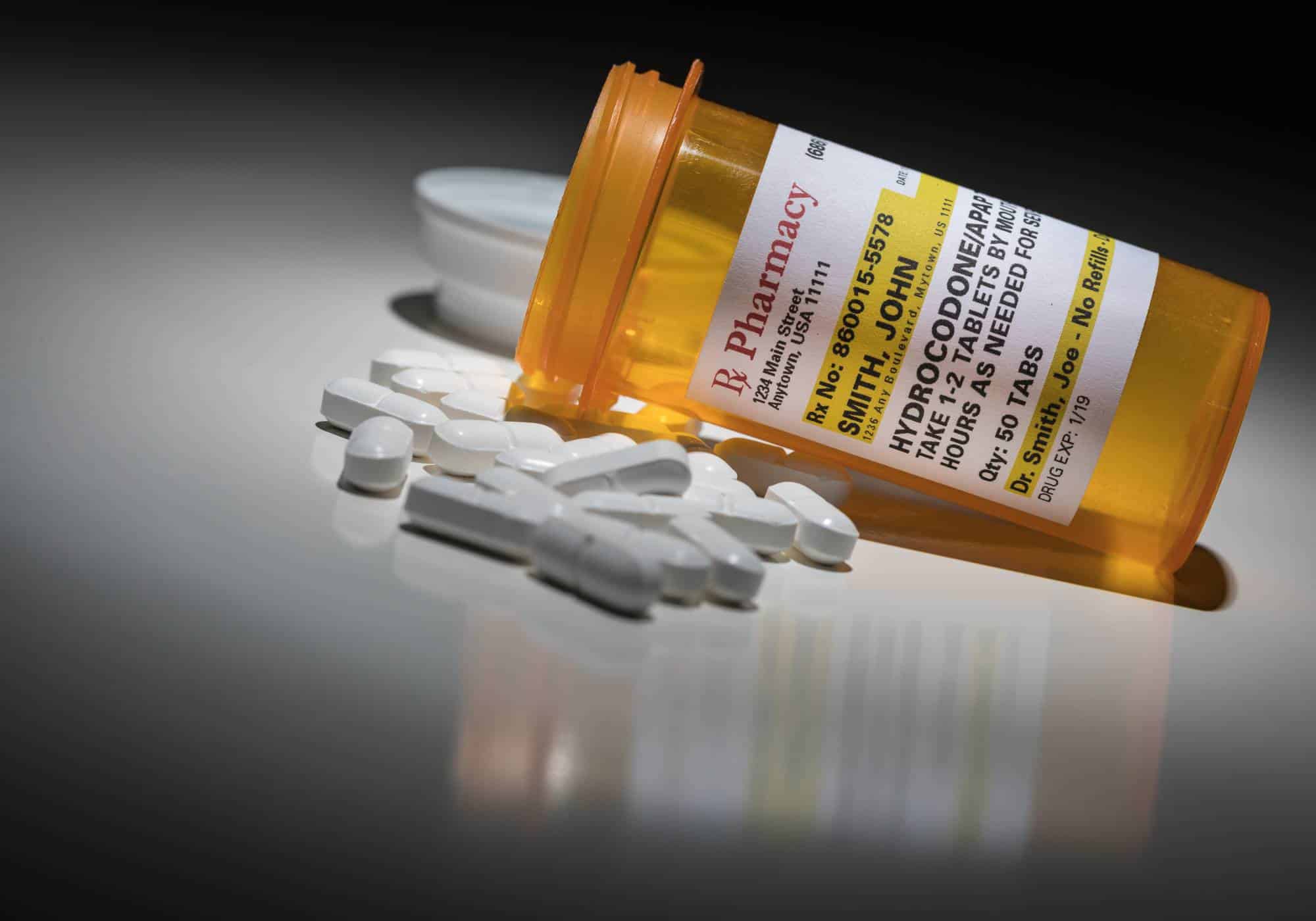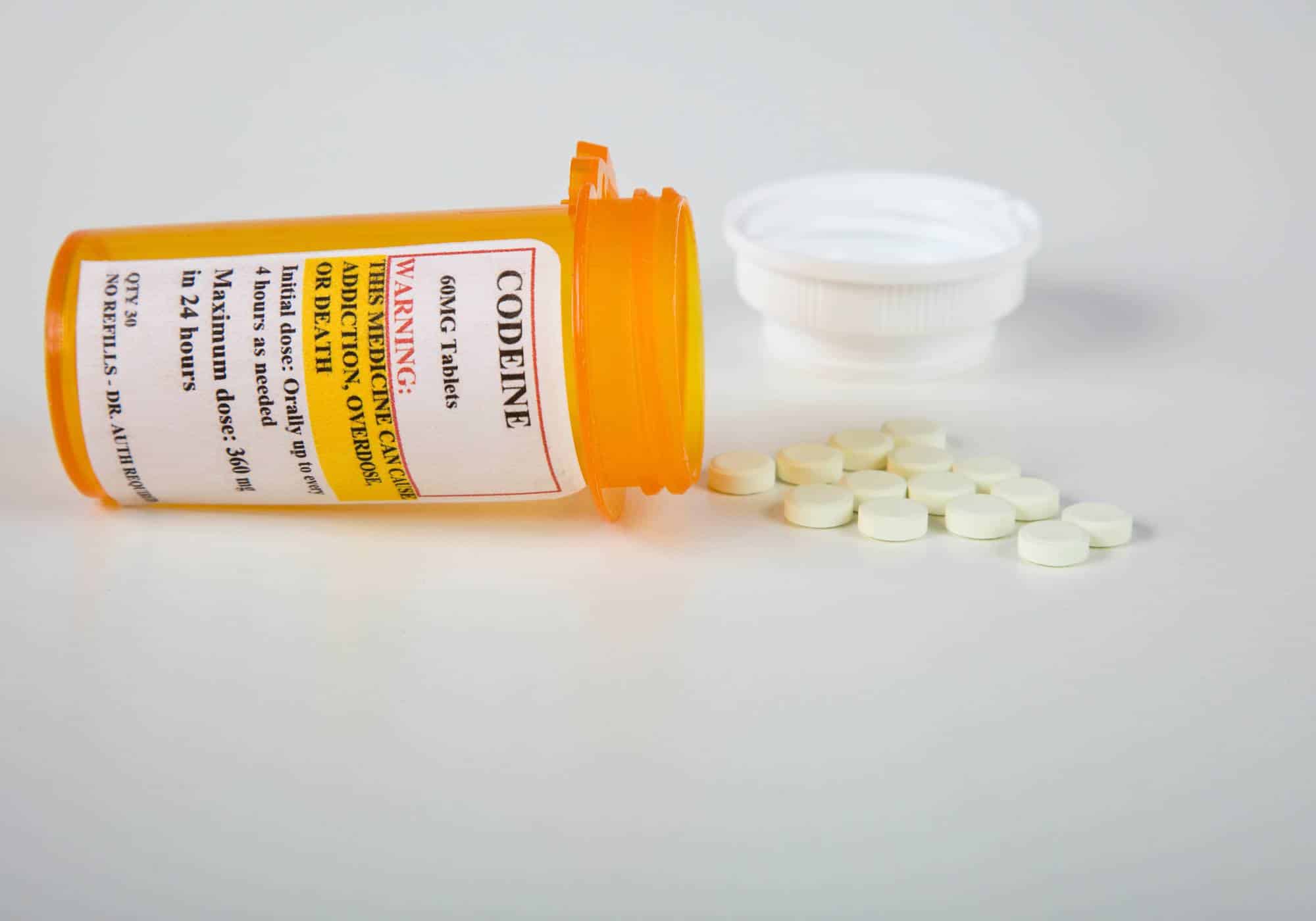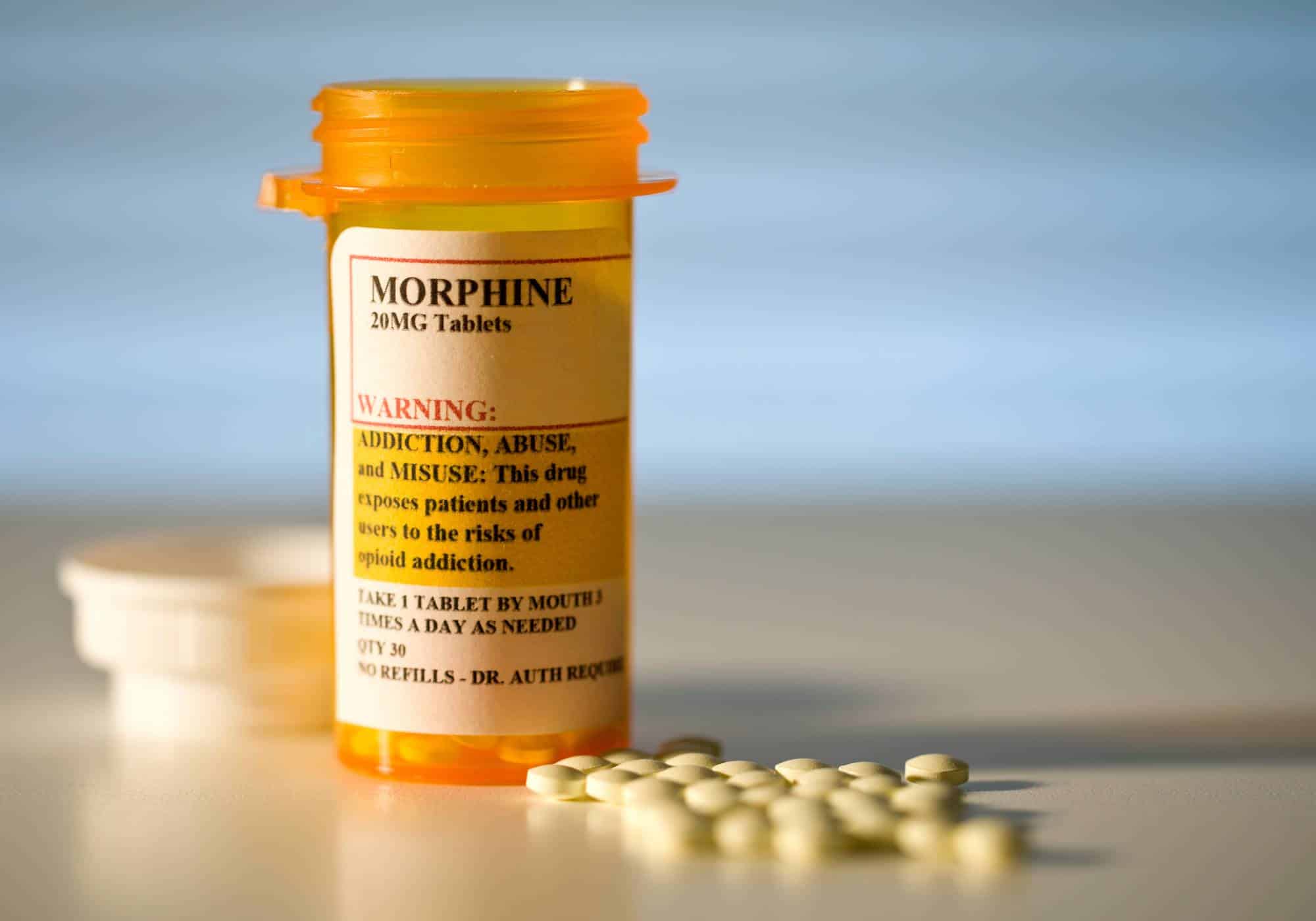Heroin, a potent opioid that originates from the opium poppy plant, is known for its high potential for addiction. It produces an intense sense of euphoria by acting on the brain’s opioid receptors. In the United States, a troubling pattern has been observed in recent years. As legislative measures tighten access to prescription opioids, individuals already habituated to these drugs often turn to illicit heroin as an alternative.
As a person continues to use heroin, their body requires progressively larger doses to experience the desired euphoric effects. This escalation in usage leads to a heightened dependency on the drug. Consequently, reducing or ceasing heroin use becomes challenging, often resulting in a range of intense heroin withdrawal symptoms. This cycle of dependency and withdrawal highlights the addictive nature of heroin and the complexities involved in overcoming its grip.
Common Heroin Withdrawal Symptoms
Heroin withdrawal typically brings a range of challenging physical and psychological symptoms that can be tough to handle without assistance.
- Muscle Pain: Often one of the first symptoms to emerge, muscle aches can vary from mild discomfort to intense pain.
- Excessive Sweating: This is usually accompanied by chills and cold flashes, making it uncomfortable.
- Restlessness: A constant state of unease, making it hard to relax or stay still.
- Cold-like Symptoms: These include a runny nose and watery eyes, often mistaken for flu symptoms.
- Sleep Disturbances: People often struggle with either getting to sleep or staying asleep during withdrawal.
- Gastrointestinal Issues: Frequent episodes of diarrhea are common during the withdrawal phase.
- Pupil Dilation: Pupils may become noticeably larger than normal.
- Stomach Upset: Nausea and vomiting are prevalent, contributing to general discomfort.
- Tremors: These are involuntary shaking movements, typically in the hands or arms.
- Mood Fluctuations: Increased feelings of anxiety and depression are common during withdrawal.
- Irritability: People often experience heightened agitation and sensitivity.
- Cravings for Heroin: A powerful urge to use the drug again can dominate thoughts.
- Concentration Problems: Difficulty in focusing or staying attentive is a common challenge during this time.
Navigating through these symptoms can be tough, underlining the importance of seeking professional help during the withdrawal process to ensure safety and increase the likelihood of a successful recovery.
Long-Term Heroin Withdrawal Symptoms
Heroin withdrawal can extend beyond the initial phase, leading to more enduring symptoms that can last for a considerable period:
- Ongoing Cravings for Heroin: A persistent desire to use the drug may remain.
- Anxiety and Depression: Lingering feelings of worry, sadness, or hopelessness can be prevalent.
- Sleep Issues: Difficulties with sleeping, including insomnia or disrupted sleep patterns, may continue.
- Prolonged Fatigue: A constant state of tiredness or lack of energy often persists.
- Emotional Numbness: A diminished ability to feel or express emotions is common.
- Loss of Interest: Activities once found enjoyable may no longer provide the same level of satisfaction.
- Heightened Irritability: Increased impatience or frustration with situations and people.
- Memory Problems: Difficulty recalling information or experiencing forgetfulness.
- Concentration Challenges: Struggles with maintaining focus, impacting job performance and the ability to make decisions.
These longer-term symptoms underscore the complexity of heroin withdrawal and the importance of ongoing support and treatment to effectively navigate this challenging phase and foster a successful recovery journey.
Duration of Heroin Withdrawal Symptoms
The experience of heroin withdrawal, both in intensity and duration, can significantly differ from person to person, depending on various factors. These factors include the duration of heroin use, the usual dosage, and individual aspects like general health, metabolism, and weight.
- Early Onset: Withdrawal symptoms often start within six to 12 hours following the last heroin dose.
- Peak Phase: The most intense symptoms usually occur between one to three days after stopping heroin use.
- Symptom Reduction: Generally, the withdrawal symptoms begin to lessen after five to seven days. However, it’s important to note that some individuals may experience an extended withdrawal phase known as post-acute withdrawal syndrome, which can continue for several weeks or even months.
Understanding the timeline and potential variation in heroin withdrawal symptoms is crucial for anyone preparing for or currently going through heroin detox. It highlights the importance of personalized treatment plans and professional medical support to navigate this challenging period effectively.
Heroin Withdrawal Treatment at Hope Harbor Wellness
Located in the serene suburbs of Atlanta, Hope Harbor Wellness is your ally in the fight against heroin addiction in Atlanta, GA. Our heroin drug rehab centers, dedicated to holistic recovery, are ideally situated to offer you the support you need.
Our compassionate heroin outpatient program collaborates with top-tier medical heroin detox facilities, ensuring a safe and effective detox process. Once free from addictive substances, you can seamlessly transition into one of our specialized outpatient treatment programs at Hope Harbor Wellness, designed to address substance use disorders:
- Outpatient Rehab: A flexible program tailored to fit into your daily life.
- PHP (Partial Hospitalization Program): Offers a structured yet non-residential approach to treatment.
- IOP (Intensive Outpatient Program): Provides more intensive care while allowing you to maintain daily responsibilities.
- Dual Diagnosis Treatment Program: Caters to those with co-occurring mental health disorders.
Our heroin treatment programs incorporate a variety of interventions:
- MAT (Medication-Assisted Treatment): Utilizes medications to ease withdrawal symptoms and cravings.
- Psychotherapy: Addresses underlying psychological aspects of addiction.
- Group Therapy: Offers peer support and shared learning experiences.
- Individual Counseling: Provides personalized guidance and support.
- Family Therapy: Helps heal and strengthen family relationships.
- Holistic Therapies: Focuses on overall well-being, including physical, emotional, and spiritual health.
- Aftercare: Ensures ongoing support post-treatment.
Embark on your journey from addiction to recovery with Hope Harbor Wellness. Trust in our dedicated team to guide you every step of the way. For more information or to start your journey, call our admissions team at 678-929-6304.












